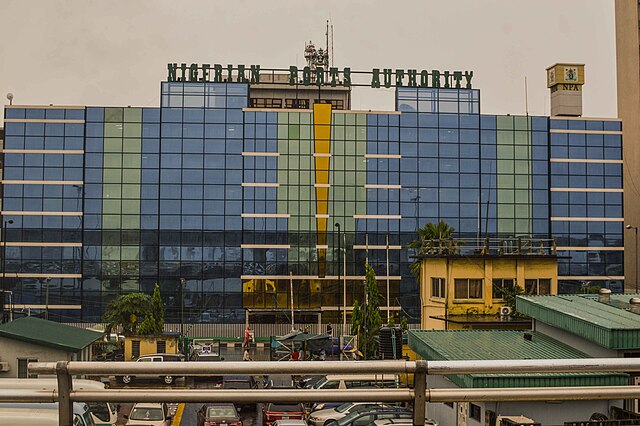Nigeria’s transport network has expanded in recent years to accommodate a growing population. The transport and storage sector was valued at N2.6trn ($6.9bn) in current basic prices in 2020, down from N3trn ($8bn) in 2019, according to the National Bureau of Statistics (NBS). This was reflected in a lower contribution to GDP, at 1.8% in the fourth quarter of 2020, down from 2.1% during the same period the previous year but higher than the 0.8% recorded in the third quarter of 2020. One of the most significant challenges facing the sector is meeting the needs of both large coastal cities and rural inland communities in order to fully unlock the country’s economic potential. This is especially the case with mining and agriculture, both of which are expected to benefit from two large-scale projects: the Lekki Port in Lagos and the Kano-Maradi rail line in the north of the country.
Busiest highways in Nigeria 2018 in red, other highways in black
Railway network of Nigeria 2021
Road maintenance in Nigeria
Road construction in Nigeria
The Nigerian Ports Authority (NPA) is a federal government agency that governs and operates the ports of Nigeria. The major ports controlled by the NPA include: the Lagos Port Complex and Tin Can Island Port in Lagos; Calabar Port, Delta Port, Rivers Port at Port Harcourt, and Onne Port. Operations of the NPA are carried out in affiliation with the Presidency of (Nigeria) and the Nigerian Shippers' Council. The Head office of the Nigerian Ports Authority is located in Marina, Lagos.
Nigerian ports authority, CMS





